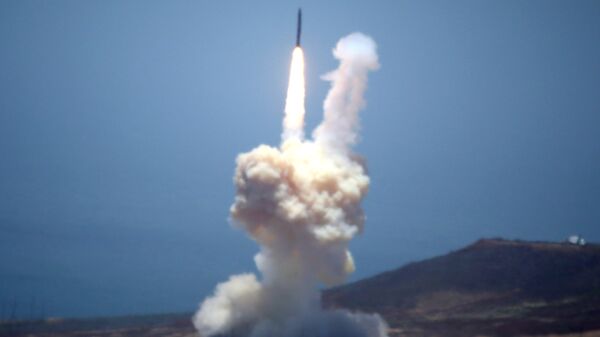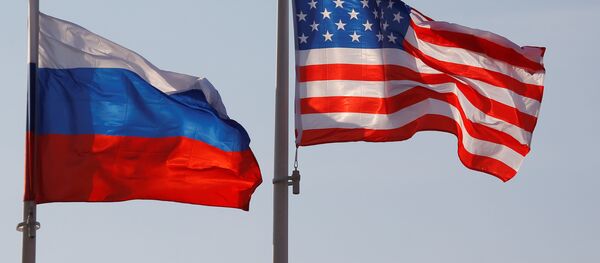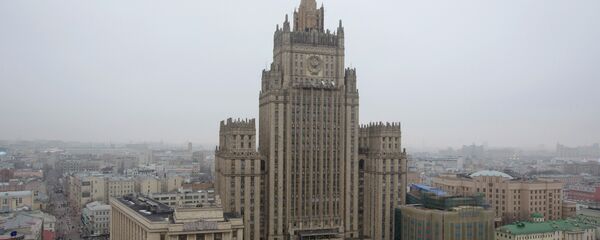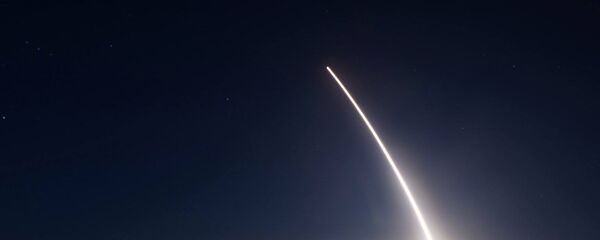Earlier, Ford signaled that discussions between Russia and the United States on ballistic missile defense will be qualitatively different if threats posed by North Korea and Iran are brought under control.
"We [the United States and Russia] need to be working together to have discussions about how to rein in the threats from North Korea and Iran. The worst threat to their strategic arsenals, if they [Russia] see BMD as a threat… is the problem presented by those missile programs. And if we can work together to bring those problems under control we can have a qualitatively very different BMD discussion," Ford said at the Arms Control Association on Friday.
It appears that Washington is really concerned about the development of Pyongyang's nuclear and missile program, Sivkov told RIA Novosti.
According to the Russian academic, "Ford's statement amounts to a recognition of the fact that the US does not expect that their strategic missile defense system will be able to protect the country from prospective North Korean ballistic missiles which Pyongyang might create in the next few years."
Russian military expert Viktor Murakhovsky shares Sivkov's doubts.
"If one looks at yesterday's test one should keep in mind that it was conducted on a test track [under controlled conditions]: it was known which missile would fly and where from, so they were prepared for it in advance, which never happens in a real combat," Murakhovsky told RIA Novosti on Wednesday.
Commenting on Ford's words, Sivkov pointed out that Russia should use every chance to solve the global missile defense controversy; however, that doesn't mean that Moscow will make concessions unilaterally and entirely rely on Washington's goodwill.
"Of course, we should join the US at the negotiating table — talks are always better than war — but one should understand that the US may break the terms of the agreement," Sivkov said, adding that while North Korea's nuclear program could be suspended, one cannot expect that Pyongyang will terminate it.
Speaking to Sputnik on Saturday, Russian Deputy Foreign Minister Sergey Ryabkov noted that Russia hopes that a strategic stability dialogue with the United States will take place soon.
"A fundamental agreement on the resumption of the Moscow-Washington dialogue on strategic stability was achieved in the course of contacts between [Foreign] Minister [Sergey Lavrov] and the Secretary of State [Rex Tillerson], and then confirmed at the meeting of the deputy foreign minister and then-Under Secretary of State Thomas Shannon on May 8 in New York," Ryabkov said.
Meanwhile, Washington continues to deploy the elements of its global missile defense system in Europe and South Korea. The US justifies its move by the potential missile threat posed by Tehran and Pyongyang.
For their part, Russia and China have repeatedly voiced their growing concerns with the deployment, considering it a threat to their strategic forces and stability in the world.






